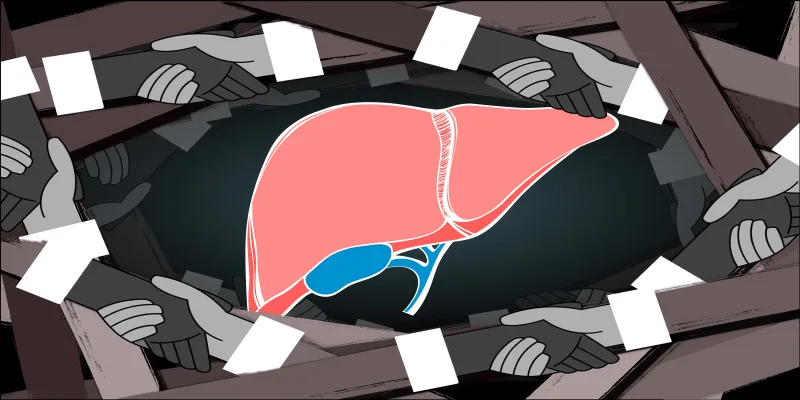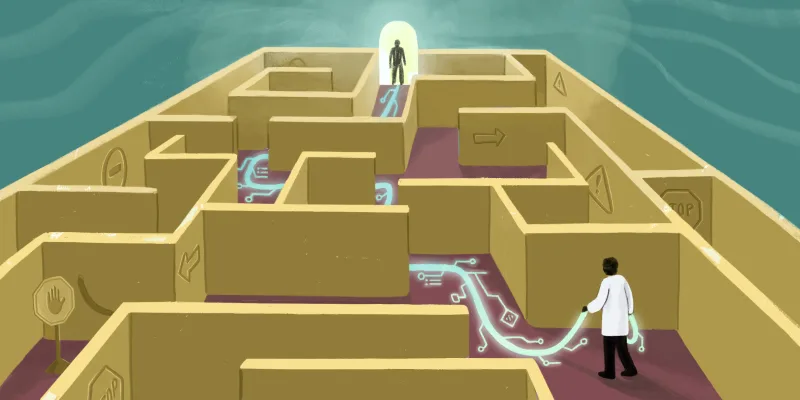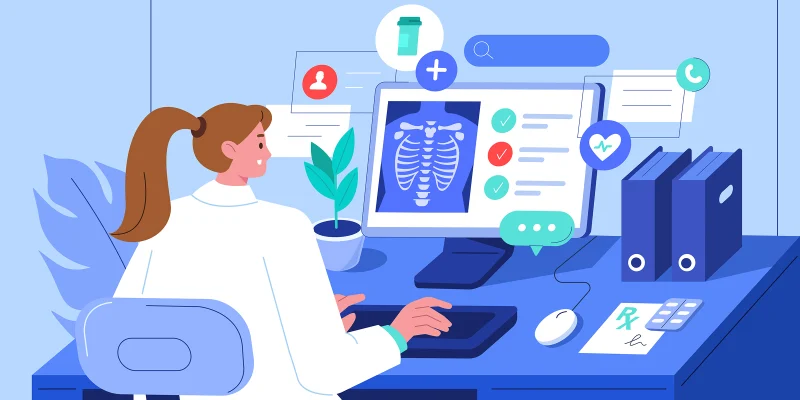My wife of 32 years passed away five years ago from ovarian cancer. The disease ravaged her gastrointestinal tract, making it difficult for her to maintain nutrition and, perhaps more critically, absorb the pain medications provided by hospice. Eventually, she was placed on patient-controlled analgesia, but as her condition deteriorated, she lost the lucidity needed to manage her pain effectively.
We had a solemn agreement not to prolong each other's lives in the face of a terminal illness. We discussed medical aid in dying, but since it was not legal in our state, she worried about the risks it might pose to my medical license — or worse. Before she died, I made her a promise: I would work to see medical aid in dying (MAID) legislation enacted.
MAID is fundamentally about the right of individuals to make deeply personal decisions about their own bodies and lives. It does not impose any obligation on patients or physicians who choose not to participate, making it a model of respect for diverse values. The era of medical paternalism is over. We now recognize that patients — armed with medical guidance and personal convictions — are best suited to determine their own end-of-life care. Denying them this choice is not a safeguard; it is an infringement on their autonomy and dignity.
Opponents of MAID frequently cite the so-called "slippery slope," warning that legalizing medical aid in dying will lead to unchecked expansion and abuse. Yet, decades of data from Oregon and other jurisdictions where MAID is legal provide no evidence to support these claims.
Medical ethicist Thaddeus Pope points out that the combined experience with MAID in these states spans over a century. The laws, largely modeled after Oregon's Death with Dignity Act, have been in place since 1997, operating with strong safeguards and oversight. If there were any validity to the "slippery slope" argument, we would have seen clear evidence by now. Instead, what we have is a proven framework that ensures patient choice while maintaining rigorous protections. Rather than succumbing to fear-based hypotheticals, other states where this is under discussion — for example, Delaware, where I live — should move forward with evidence-based legislation that reflects the real-world experience of other states.
Some argue that MAID is an alternative to quality end-of-life care, but the reality is quite the opposite. Data from Oregon, Washington, and California consistently show that more than 90% of patients who request MAID are already enrolled in hospice care. MAID is not about replacing palliative care; it is about giving terminally ill patients one more option in their final days. It provides peace of mind to those who, despite receiving the best hospice services, wish to exert control over their suffering.
The medical community overwhelmingly supports MAID. Surveys consistently show that up to 70% of physicians favor giving patients this option. A recent Delaware physician survey mirrored national trends, demonstrating widespread professional support. Physicians — who bear witness to the suffering of their patients daily — understand the profound relief MAID can offer. It is time for policymakers to listen to those on the front lines of health care and align legislation with the evolving medical consensus.
In 2024, the Delaware legislature approved end-of-life legislation, only to see it vetoed by the governor. This year, lawmakers have another opportunity to stand on the right side of history by reaffirming their support for patient autonomy and compassion. Passing House Bill 140 would grant the people of Delaware the fundamental right to make informed, personal decisions about their own health care.
This is not a partisan issue — it is a human one. It is about dignity, respect, and the recognition that every individual should have the right to determine how they meet life's final chapter. The evidence is clear, the safeguards are strong, and the need is undeniable. The Delaware legislature must act now to pass MAID legislation and ensure that patients facing unbearable suffering have the freedom to make the choice that is right for them.
Dr. Varipapa is a neurologist in private practice in Dover, DE. When not seeing patients, he may be seen flying his drone, chatting on his ham radio or playing with his two dogs, Maxine and Ollie. He is a 2024-2025 Doximity Fellow.
Illustration by Jennifer Bogartz







